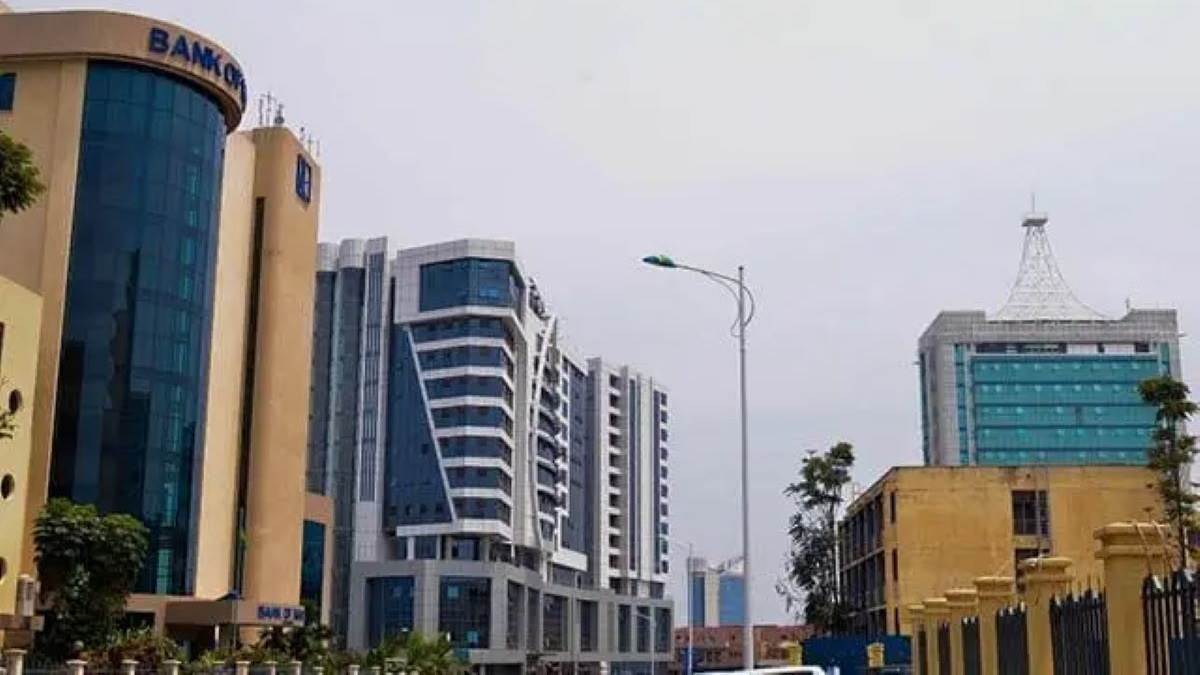Copyright dmarketforces

Ghana’s Private Sector Output Rises First Time in 4-Month Ghana’s private sector has started to recover with a surge in output growth, resulting in a solid increase in employment, as the manufacturing sector reported growth in new orders. According to S&P Global purchasing manager index, (PMI), the start of the final quarter of the year saw a renewed improvement in business conditions, reversing the deterioration seen in September. The report added that stronger business conditions reflected a return to growth of output and a faster expansion of new orders, as well as sustained increases in employment and inventories. The S&P Global Ghana PMI moved back above the 50.0 no-change mark in October, rising to 50.3 from 49.8 in September, signalled a marginal improvement in business conditions during the month. In line with the headline PMI, business activity returned to positive territory in October, rising for the first time in four months but only slightly. Improving customer demand as price reductions helped to improve the affordability of products fed through to a further increase in new orders and also contributed to the renewed expansion in output. New orders expanded for the ninth successive month. Although the latest increase was slight, it was faster than in the previous survey period. Demand was supported by a further reduction in selling prices by companies in Ghana, the sixth in as many months. Firms were able to continue offering discounts to customers amid muted cost inflation. The latest fall in charges was only marginal, however, and the softest in the current sequence of falling output prices. Both purchase prices and staff costs increased only slightly in October, and to lesser extents than in September. In particular, wage inflation eased to the joint-weakest since February 2021, equal with that seen in August 2023. S&P said some respondents indicated that exchange rate fluctuations added to their cost burdens during the month, but others reported that an appreciation of the cedi enabled them to reduce their purchase prices, thereby leading to only a marginal overall increase. A renewed rise in business activity and success in filling previously vacant positions meant that employment continued to increase, extending the current sequence of job creation to nine months. Employment rose solidly, albeit at the slowest pace since April. Sustained hiring meant that firms were able to keep on top of workloads and reduce outstanding business again. That said, new order growth limited the extent of spare capacity, meaning that backlogs of work decreased at the slowest pace in five months. Rising new orders encouraged companies to expand their purchasing activity and inventory holdings in October. Input buying increased for the ninth month running, while stocks of purchases have now accumulated in each month for just over a year. Suppliers’ delivery times continued to shorten markedly as good relationships with vendors meant that they often delivered purchased inputs on time. Although business confidence dipped to a six-month low in October, companies remained strongly optimistic that output will rise over the coming year. S&P said 77% of respondents predicted an increase in activity, linked to expected new order growth and hopes for stability in exchange rates and prices. Commenting, Andrew Harker, Economics Director at S&P Global Market Intelligence, said, “It was good to see business activity in Ghana return to growth in October. “Although only marginal, the expansion hopefully sets the tone for further improvements over the rest of 2025 as new orders continue to rise. “Firms continued to be helped by a benign inflation environment, with selling prices now reduced for six months in a row. Some panellists indicated that they would like a period of exchange rate stability, however, to help keep costs stable and provide more certainty about demand conditions in the months ahead”. Regulatory Crossfire: CBN’s Foray into FIM Oversight Erodes SEC Authority



